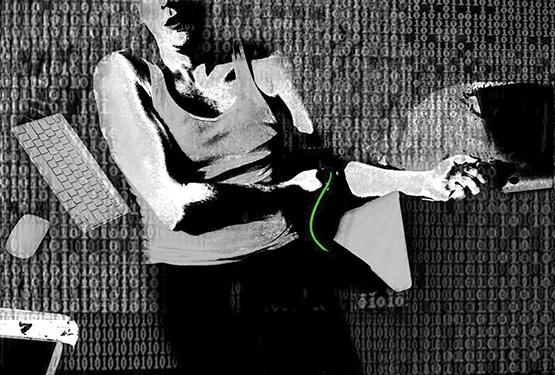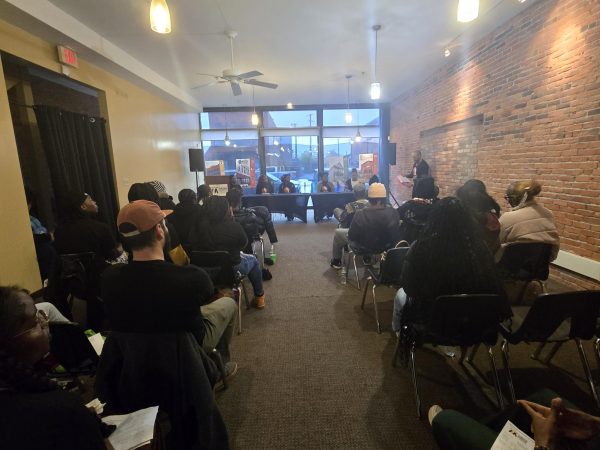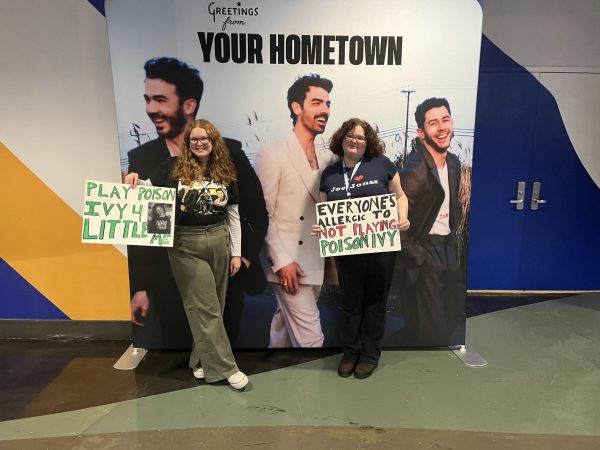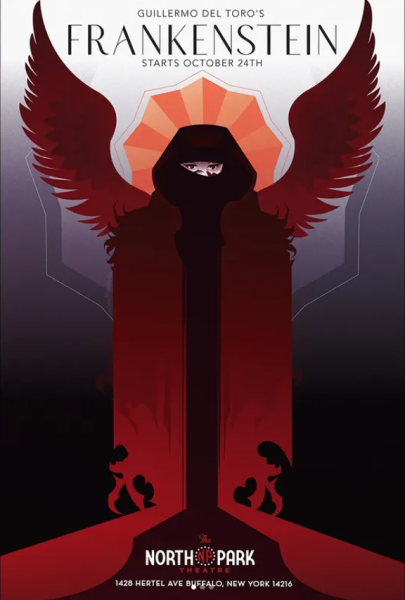Online gaming: a new kind of addiction
Freshman physics major Justin Kashi seems to have it all: a great group of friends, a beautiful girlfriend, a killer haircut and a stable GPA. But things weren’t always so great.
Back in middle school, Kashi had a serious addiction with an online medieval magic game known as “Runescape.”
From fifth to ninth grade, he would wake up every day and go to school, then come home, do his homework as quickly as he could, and play the game until he went to sleep.
“I’d play for hours,” Kashi said. “It got so bad that my mom had to put a timer on the computer so that I wouldn’t play all night.”
In real life, he was like every other kid in fifth grade, but in Runescape, he was, as he puts it, “a god.”
When asked who exactly he was back then in his middle school days, Kashi answered: “I was monkeyman911. Level 67 knight with a solid skill level in magic and a staggering level 52 in woodcutting.”
Kashi wasn’t the only kid who got addicted to virtual games — online game addiction is a serious problem. With environments becoming more realistic and complex through detail and storylines, the massive, multiplayer roleplaying games allow people to become someone else online and lead a life of far more interesting makeups than their own.
According to goodtherapy.org, “The drug of online gaming is in the properties that a user creates through their character.”
Players “use their characters to establish new identities [break] and remove imposed constraints in real life.”
Kashi first started playing Runescape because all of his friends from school did. They’d play together online at home, and then talk about it all day at school. Kashi’s life revolved around the game. Even at school, he made lists of what he planned to do in the game when he got home; he imagined quests he would take, ores he would mine, trees he would cut down and spells he would cast.
He became so good at the game that soon he began to lose touch with any of the “real” friends he had.
“I got so much better,” he said. “I was leveling up so quickly and [my friends] were stuck. All my friends were ‘nubes’ (beginners or rookies).”
Kashi soon began to focus only on his virtual friends within the game. He even “married” a character he met in one of the worlds he visited. Even though his mother tried to tell him he had a problem, he never realized it himself until he didn’t change his clothes for days and began to wear a wizard’s hat to school.
While playing Runescape, Kashi felt empowered. In real life, he was just a normal kid, but in the game, people thought highly of him.
“I was someone you’d want to go on quests with because I had certain high skills,” he said. But that all changed when his authority in the game was questioned.
Kashi was on a quest with some of his gamer friends when “some 90-level guy came out of nowhere and killed me and took us all out. I lost my best armor- I lost everything.
“[I decided] I wasn’t going to play the game anymore. I was too upset,” he recalled.
But just because he stopped playing the game, doesn’t mean he stopped missing it.
“I was lost,” Kashi said of his life after Runescape. “I had played 4-5 hours a day, I didn’t know what to do with my time.”
Eventually, Kashi replaced his free time with sports, social networking sites, PlayStation, and spending time with his friends. Even though it took him awhile to get away from his addiction, and even though he at first replaced it with other games, once he was in high school, things got much better for him. Once he began to realize that life in the real world was much more rewarding- even if not as exciting- he began to truly experience life.
Now Kashi has the life he’s always wanted — a girlfriend and friends who can be there for him whenever he needs it, not just through a screen.
According to video-game-addiction.org, symptoms of internet game addiction include: down-playing computer use, lack of control, loss of time, preoccupation, negative impact on other areas of life, defensiveness, and mixed emotions. If you feel that you or anyone you know may have an addiction to online games, get help.
Email: yeager.record@live.com










